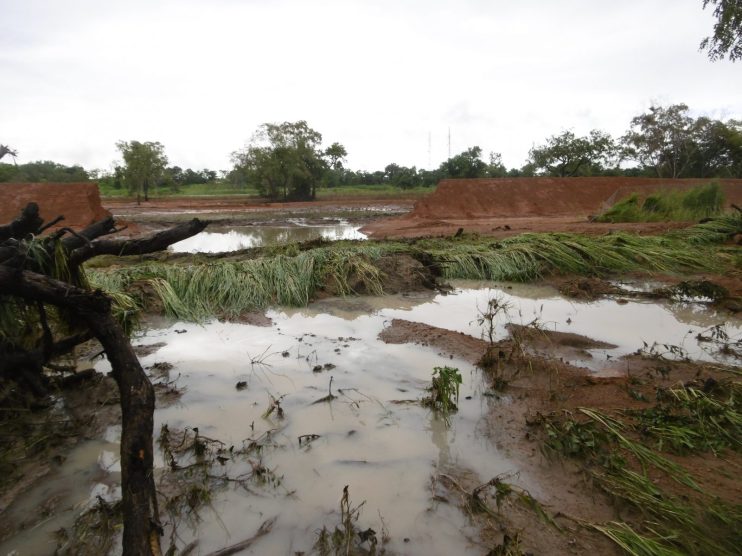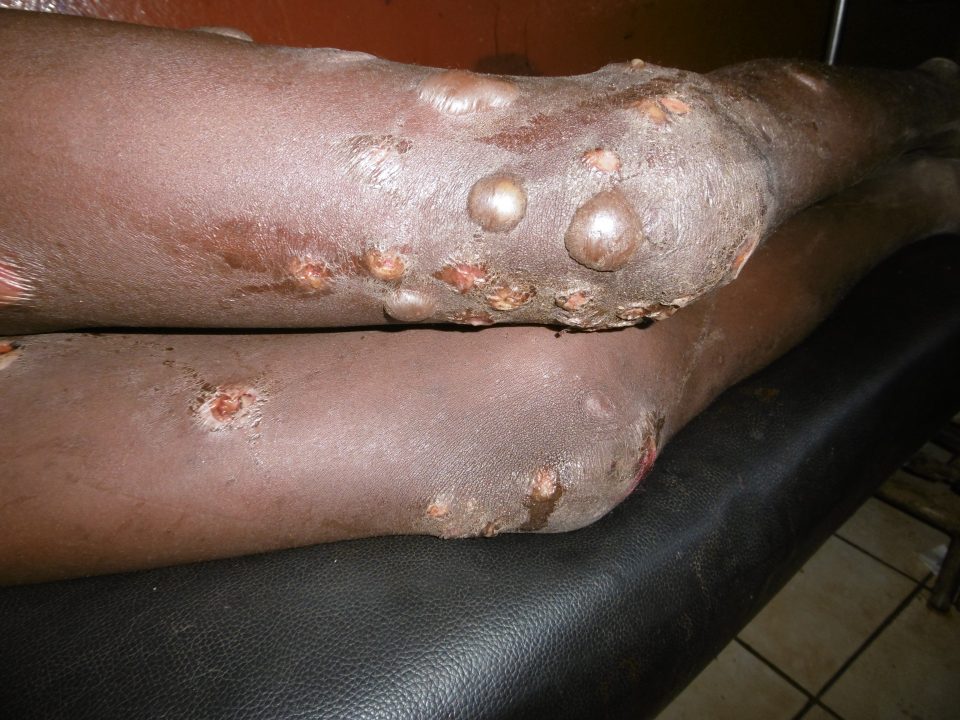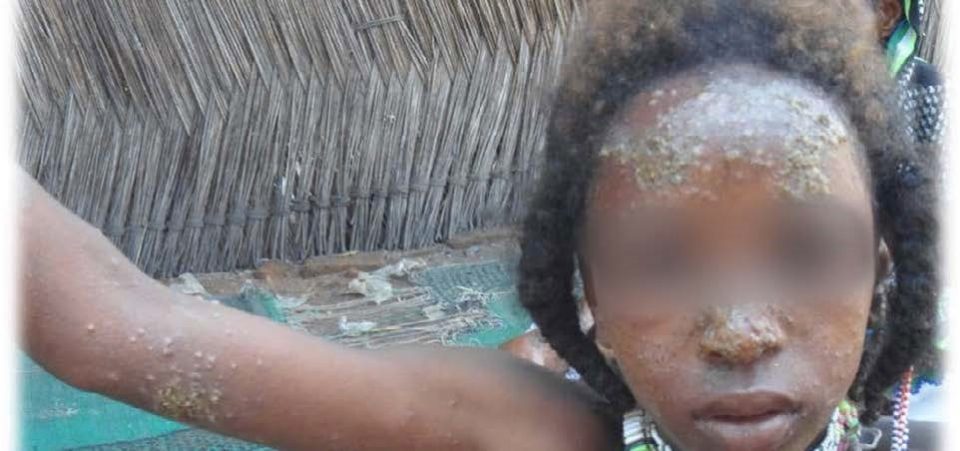Government to investigate Glencore over Chad wastewater spill

The UK government will investigate a complaint against mining giant Glencore over a wastewater spill in Chad in 2018.
According to three human rights groups, which brought the complaint, the FTSE 100 firm “failed to conduct appropriate environmental and human rights due diligence in relation to wastewater leaks and an alleged oil spill at the Badila Oilfield”.
They also alleged that Glencore did not “meaningfully engage with the local communities, has not contributed to the communities’ sustainable development, nor effectively disclosed information affecting the communities.”
Officials at the Department of International Trade have decided that the complaints “merit further examination”.

The decision to investigate further is not a finding against Glencore, it added.
In September 2018, a basin holding run-off water from crude oil production collapsed at the oil field, which is run by Glencore subsidiary PetroChad, in the south of the west African country.
As a result, 85m litres of wastewater was released into nearby fields and flooded the local river, which local people use for drinking and washing.
According to human rights group Rights and Accountability in Development (RAID), 50 local people reported burns, skin lesions, sickness and diarrhoea after bathing in or using the contaminated river water in the weeks following the incident.
“The UK NCP’s decision to accept the complaint provides an opportunity for those harmed at Glencore’s operations to finally be heard and to find remedy for the harms they suffered,” said Anneke Van Woudenberg, the executive director of RAID.
Before the Open: Get the jump on the markets with our early morning newsletter
“No community, whether in Africa or elsewhere, should have to wait more than two years for a company to properly investigate whether its toxic spill caused injuries to children and others.”
The complainants say that Glencore should address these issues by commissioning an independent investigation into the wastewater spill and subsequent alleged oil leak in 2018, providing redress and remedy for medical expenses to those individuals with injuries, and remedying any environmental damage.
Glencore said that PetroChad had already made a “considerable effort” to respond to the concerns of the complainants.
The National Contact Point (NCP), the DIT body responsible for implementation of the OECD guidelines for multinational enterprises, will now mediate between the two parties.
If a mediated agreement is not reached, the NCP will conduct a further examination into the issues and will reflect the outcome in a final statement that will include a determination on whether Glencore UK acted consistently with the OECD Guidelines.
In a statement, Glencore said: “Glencore has participated in the UK NCP’s initial asessment of the complaint and acknowledges their decision that the issues relating to the 2018 wastewater incident merit further examination.
“We also note that UK NCP’s decision to further examine aspects of the complaint is not a finding against Glencore or a determination by the UK NCP that Glencore UK has acted inconsistently with the Guidelines.
“Glencore is committed to operating in a safe and responsible manner in accordance with all applicable laws and regulations. We actively manage and mitigate any impacts our operations may have on local communities and the environment.
“We recognise that our presence can deliver sustainable benefits to those living around our operations and to the national economy of Chad. We transparently report on our performance and welcome the opportunity to build and strengthen relationships with civil society representatives.”

